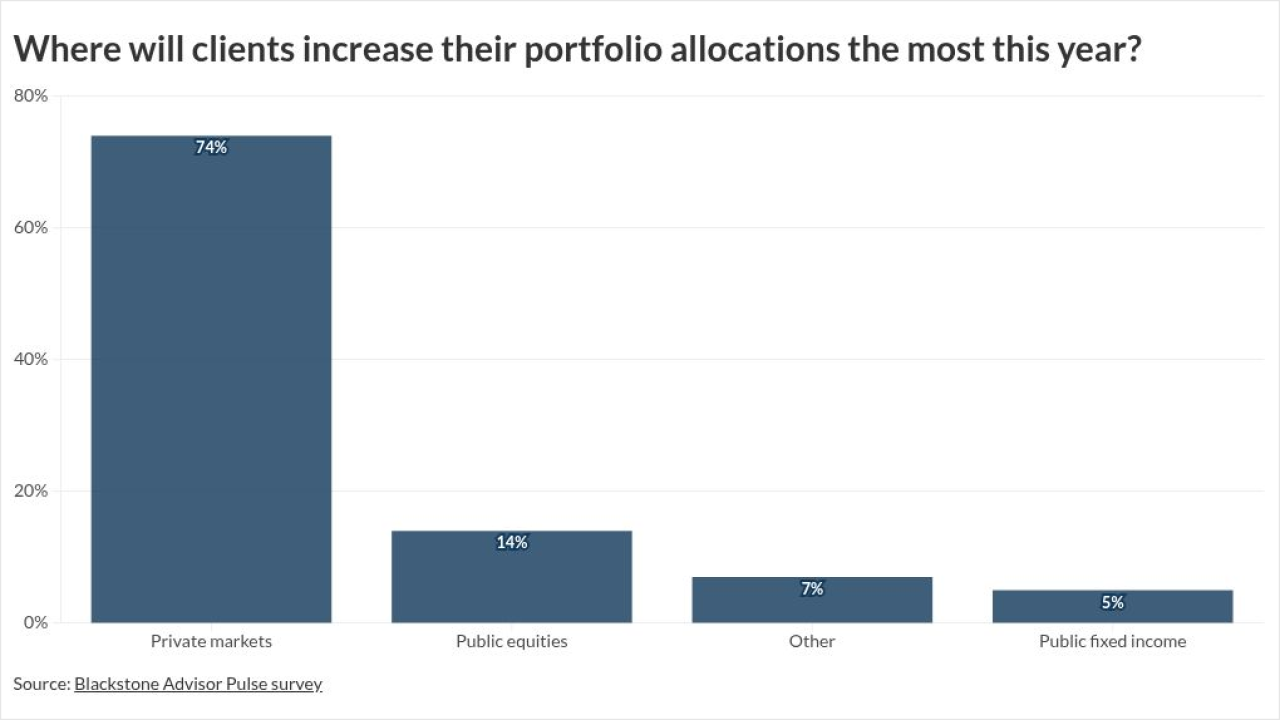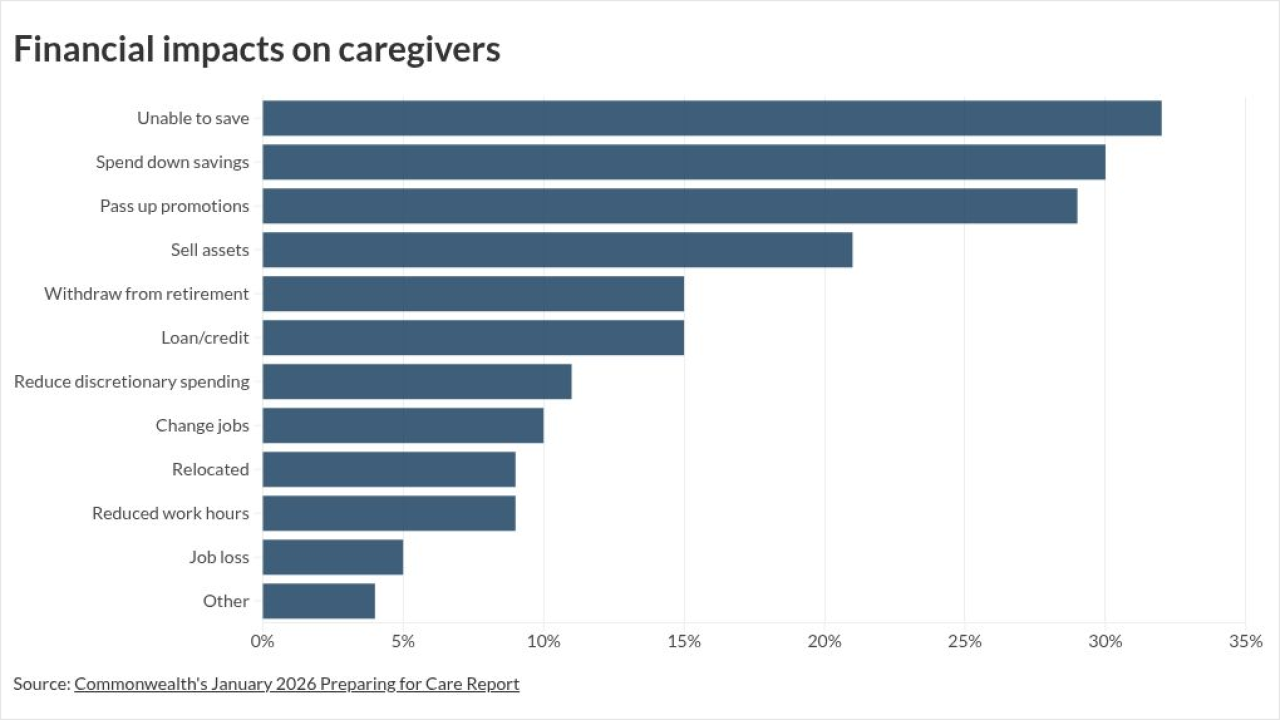With domestic oil and gas production forecasts buoyed by new fracking extracting technologies, many investors have begun to seek new ways to refine their asset portfolios so they bolster efforts to help the earth achieve sustainability. Those investors should focus globally but, with the plethora of views about how to best achieve sustainability, advisors should recognize no one conclusion fits all.
“There never is one shade of impact investor,” says Luisamaria Carlile, a wealth manager with Veris Wealth Partners, a New York-based firm that focuses on sustainable and impact investing.
'YOUR WORLDVIEW'
The firm’s website reads: “[G]rounded in research showing that investing in companies committed to sustainable business practices creates the opportunity to deliver superior investment results.” Further promotional material adds: “By combining traditional and sustainable investment strategies, we aim to achieve each investor’s financial and personal goals. The power of investing with impact is that it aligns your wealth and your worldview.”
For clients, Carlile says, the emphasis falls on the “your” in that “worldview.”
That’s because her clients’ worldviews vary tremendously. The global issue of slowing down the forces of climate change drives most of her clients' decisions though. “They want to send a statement to policymakers,” she says.
For some clients that means investing in nuclear energy, because it generates less carbon. While for others, it could mean investing in companies around the globe that help achieve energy efficiencies, thereby reducing pressures on “the grid.” For still others, it means avoiding what has been dubbed “a stranded asset” or “an asset which loses significant economic value well ahead of its anticipated useful life, as a result of changes in legislation, regulation, market forces, disruptive innovation, societal norms, or environmental shocks,” as defined in a 2013 report by The Generation Foundation, a sister organization to The Generation Investment Management, an asset management firm, which was among the early adopters of such a philosophy.
DRIVING FACTORS
To ensure that clients seeking to slowdown climate change don’t also slowdown their asset portfolio’s growth, financial advisors may turn to the services of such providers as Sausalito, Calif.-based Aperio Group, which helps customize “socially responsive indexes” to “include only those meeting the client’s unique social, ethical, and governance standards,” according to its marketing material.
Liz Michaels, Aperio’s chief of staff, who previously was responsible for the $11 billion defined contribution managed accounts business at Ibbotson Associates, a wholly-owned subsidiary of Morningstar, explains how her firm creates those indexes for financial advisors to use for their clients. Aperio removes from a client’s portfolio equity in companies that it deems as engaged in the businesses that fail to meet the client’s goals and replaces those assets with ones that will generate similar returns.
A will to slowdown climate change ranks on top of the list of reasons most investors seek such custom tailoring of their portfolio, Michaels says. “It’s driving a lot of advisors to find a solution for their clients,” she says.
Miriam Rozen, a Financial Planning contributing writer, is a staff reporter at Texas Lawyer in Dallas.





